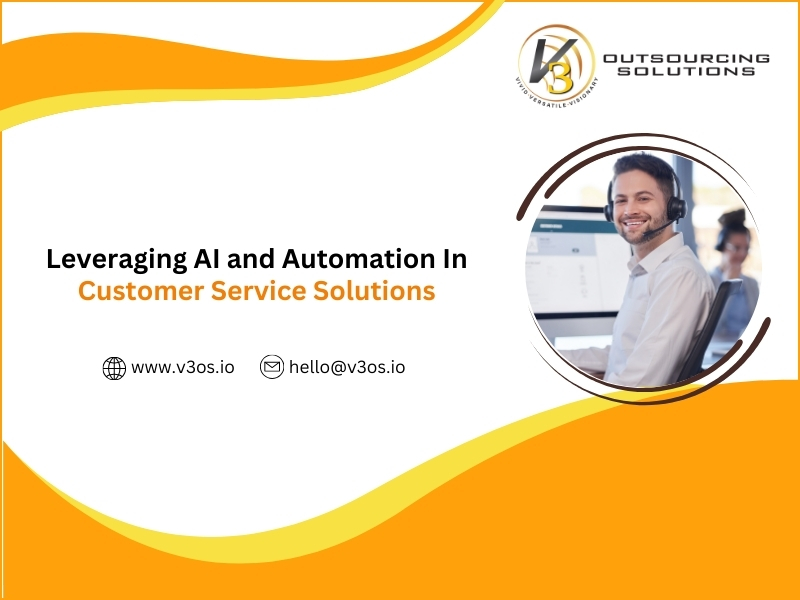
In today’s fast-paced business landscape, understanding the role of artificial intelligence in productivity management has become important. Customers seek for the quickest possible service. It is indeed a challenging task to manage customer service operations as businesses scale up within a specific timeline. The answer to this issue seems to be customer service outsourcing companies, but what truly segregates them as they meet today’s customer expectations is the strategic use of AI & automation. As per the study by McKinsey Global Institute, it is revealed that AI could potentially increase global productivity by 1.2% annually, which equals approximately $13 trillion in economic value by 2030.
AI & customer service solutions are always mentioned, but they describe systems and algorithms tailored to tackle very simple questions or highly complicated data processing. Artificial intelligence, or AI, is changing how outsourced customer service companies manage huge volumes of requests without losing quality & time. Integration of AI & automation into customer service & productivity management represents a paradigm shift in how organisations operate. By harnessing advanced technologies, businesses can streamline workflows, minimise manual tasks and make informed decisions based on data-driven insights. This not only boosts efficiency but also empowers employees to focus on higher-value activities, fostering innovation.
Making good use of the Chatbots, customers can get instant answers to most frequently asked questions at any time of the day.
AI-powered NLP could make customer support understand and respond to conversations more human-like with smoother interactions.
AI can forecast a customer’s needs by using previous behaviours and interactions, and it even allows the support team to fix issues proactively.
Apart from this, AI has a much more important role in a more future-orientated customer service solutions strategy. When AI consolidates massive data from previous conversations, it provides actionable insights which outsourcing companies use to tailor their service towards improvement.
AI can notice trends in customer support calls. The resulting insight can help firms better gauge and prepare for future support.
AI tracks the tone & language of customers’ communication in real time, letting companies alter strategies on the fly.
AI tools track KPIs including resolution time, customer satisfaction scores and agent efficiency.
To conclude, the future of customer support outsourcing is going great with AI & automation. What is worth mentioning is that AI & automation are here to stay as they speed up customer service solutions, individualise them and make them less costly.
Emerging technologies, including AI-driven voice assistants and high-end machine learning, are already at our threshold. In coming days, such innovations will reduce the response time, enhance customer interactions and automate even more complex tasks. Well, the moot point is customer support outsourcing companies interested in investing in AI & automation will ensure that not only their response times improve, but along with this, the overall quality of the service also witness a sustainable growth in this digital age.